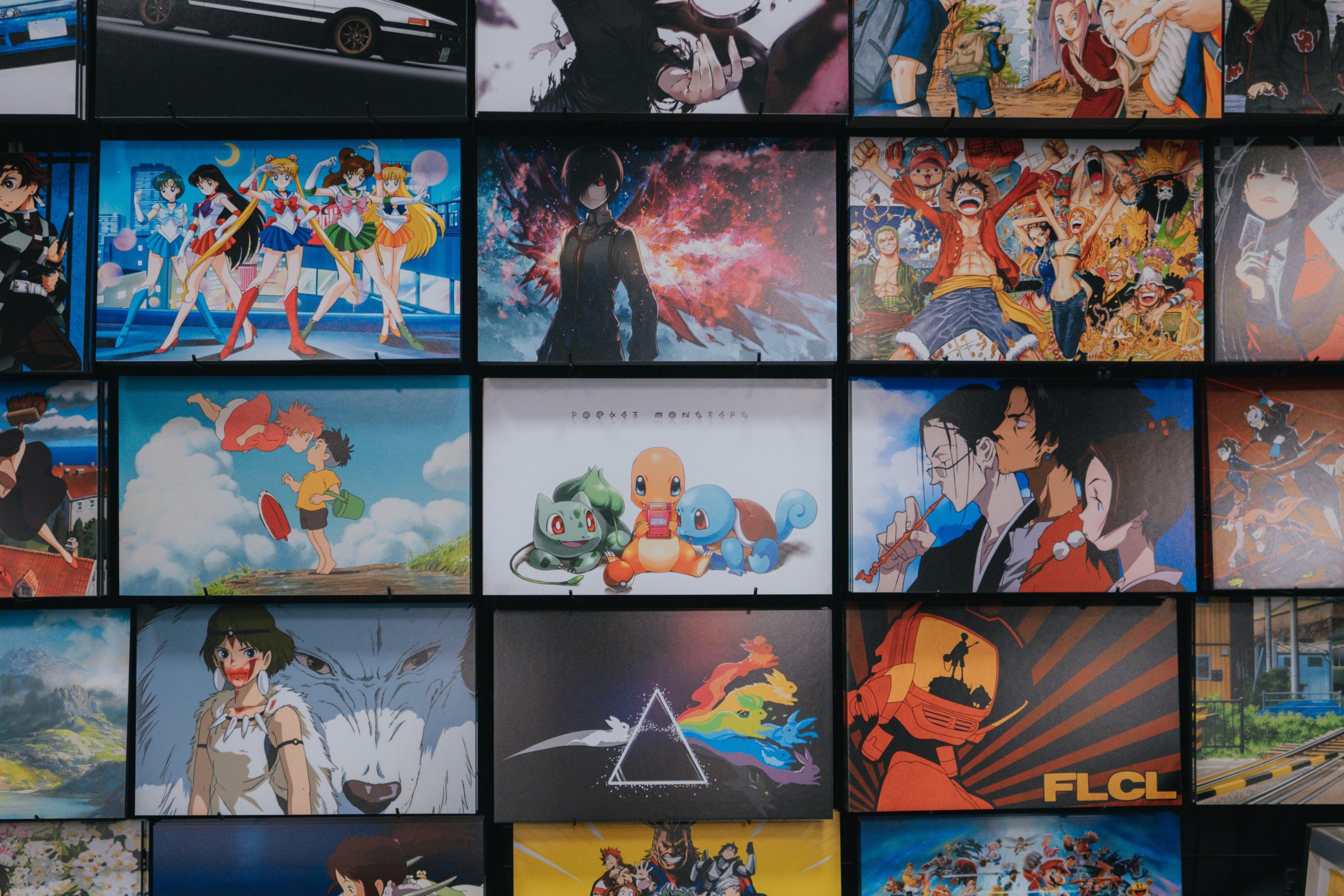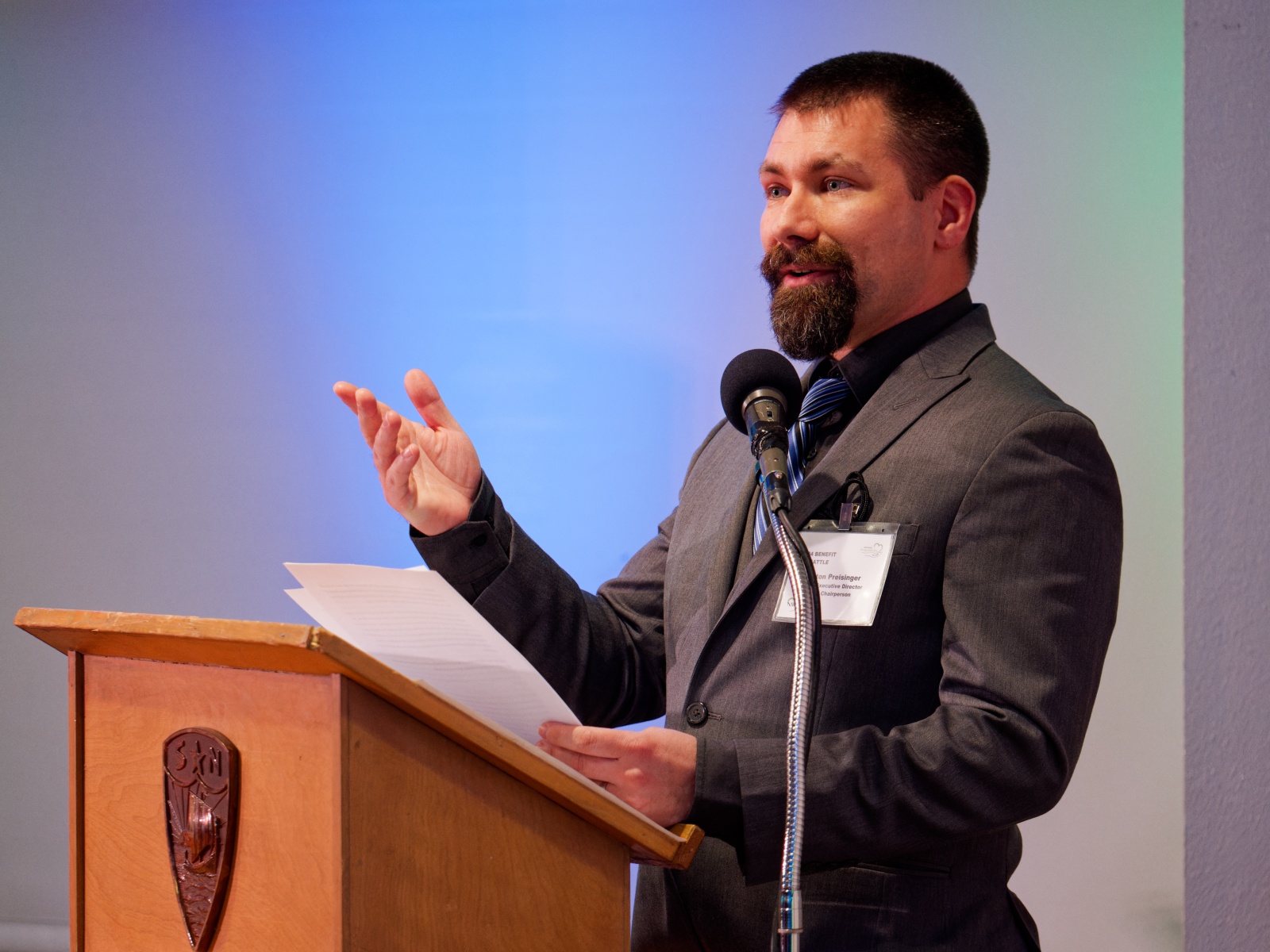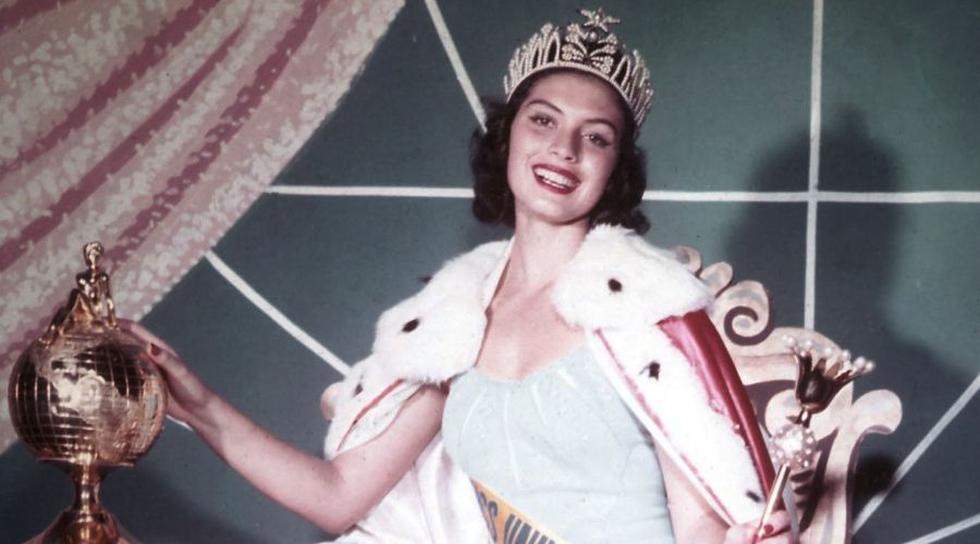Just a couple songs to start off with, then a whole album, then two full albums, a secret demo reel you could only access through a specific website, the lead singer’s original solo project he’d made when he was 17. I still know every word. I began watching well over 20 interviews a day. Learning as much as I could about the boys I would soon view as nothing short of saviors. I started creating fan accounts, then fan art, then fan projects. I first heard twenty one pilots music in 2015, by the time two years had passed, I had seen them in concert five times across four separate states. Spent over $3,000 on flights, hotels, and merch, and I’d even met them twice. I was deep in the fandom, and I wasn’t alone in my obsession.
Fan culture has come a long way since the days of Beatlemania. As an academic paper on “Fandom and Participatory Culture” from Grinnell College will suggest, “Modern fan culture originated with [the] Star Trek fandom in the 1960s (Helleckson and Busse, 2006). At the time, fans generally spread their creations through fanzines or conventions. Recently, the Internet has allowed fan culture to become more widespread and more accessible.” What used to converge in lines outside venues, or in certain clubs at school can now take place wherever, whenever. Thanks to social media, your idols are right there in your pocket. Whenever you get the urge, you can tweet out to them, or post your latest fan edit, and be envied across all in your little world if they so much as acknowledge you with a fated like.
For hardcore fanatics, being a member of a fandom is a full-time job. It comes with responsibilities, upkeep, and a constant stream of positivity aimed directly at their idol. But why would someone dedicate so much of their own life to being obsessed with someone else’s? What benefits could possibly come from this type of behavior? Plenty. For starters, being a part of a fandom gives you a sense of community. Take the Swifties, for example, Taylor Swift’s own very intense, very vocal fanbase. Being an actual Swiftie is much more than just showing up to a concert or casually listening to 1989. It involves creating memes, TikToks using Swift’s sounds, constantly tweeting jokes, creating elaborate era-inspired costumes for her shows, and wearing the cardigan (if you know you know). It’s inside jokes on top of inside jokes, and then analyzing all that has been said for easter eggs. And this wild amount of promotion not only offers you a community in way of friendships, but it also often offers rewards.
Your idol could acknowledge you, you could even meet them whether by random happenstance or spending an exorbitant amount of money. On top of that, specific fandoms have their own specific type of rewards. For Swifties, this comes in the form of “Secret Sessions”, which are held before and after her concerts. These are hand-picked meet and greets, Q&A’s, and listening parties with the icon herself. The only way to attend is to be invited and this can happen one of two ways. Either Taylor Swift and her team notice you being an exceptionally good or popular fan on social media, always joining in on community trends or projects, and will reach out inviting you to attend. Or, while at a concert Taylor and her team will spot you in the audience, having the time of your life or dressed in a clever costume, and invite you to join in after the show.
For some, fandoms provide an emotional outlet, for others, they’re a nice place to celebrate someone’s artistry or music. Like with Taylor Swift’s “Secret Sessions”, certain fandoms can encourage creativity. The fandom I was in, and the band I was obsessed with, twenty one pilots, constantly rewarded creativity. They wanted their fans, who often struggled with mental health issues, to channel their emotions into something productive. Every fandom has fan art, but twenty one pilots often held competitions where 20+ pieces of fan art promoting a certain album or era would be turned into posters. And these would help aid fellow artists in the community with their portfolios, on top of financial benefits. In 2017 they even held their own art convention called Artøpia, a one-day-only free event in their hometown of Columbus, Ohio.
They invited well-known artists in the community from all around the globe, flying them in, gifting them with free tickets to one of their shows at the time, and even hosting a meet and greet with the artists they handpicked. I, being the insane fanatic that I was, don’t need any refreshers on this event because I lived it. I flew from Houston to Columbus, went to Artøpia, and was able to meet the band along with fellow artists. I was even gifted free tickets to one of their shows as a reward for my dedication in traveling so far. These acts of goodwill go a long way in a fan community and are just a small display of the overall positive things that can take place in fan culture. There is, however, an ever present negative side to fan culture.
The most obvious is the financial toll. Being a fan, a truly dedicated fan, is not cheap. Between ticket sales, buying collector’s items, travel expenses, and merch drops, you can end up spending thousands of dollars in just one album cycle. And this lends to, unfortunately, a hierarchy that exists within fandoms where wealthier fans, those who are able to afford more fan-related products, are viewed as better fans. This is excluding certain more predatory idols who have no qualms about asking their fans to invest in cash grabs.
I believe as an artist you have a responsibility to your fans. If you know you have millions of people who want every single item of merch you release in an album cycle, then you should be very intentional of the items your selling to them. At a certain point, the amount of money being asked of fans becomes burdensome. And yet, people buy them because they don’t want to be looked down upon by other fans, as if they are somehow less of a fan for not going into debt for their idol. But the financial burden isn’t the only toxic part of fandoms. While music has always had its political implications, in recent years the line between supporting someone’s music and supporting that person’s political beliefs has blurred.
For many, being a “Stan”(a reference to Eminem’s song of the same name indicating a crazed fan) of an artist is the same as cosigning to all of their beliefs and behaviors outside of their artistry. Take Kanye fans for example. Every artist has casual listeners, those who don’t keep up with them on social media or aren’t familiar with every single song they’ve ever put out. But those fans, valid as they are, are not in a fandom. Those that are, are aware of the headlines Kanye’s made surrounding his recent problematic behavior. From concerning social media posts egging his fans to harass Pete Davidson to the antisemitism he’s promoted throughout recent interviews. Now continuing to listen to an artist after you’ve been made aware of their problematic past is one thing, however, actively posting in support of not only their music but also their decisions is where the nuance of fan culture lies. When you join a fandom, for most people, it’s not to promote hatred. Yet, at a certain point fan culture becomes so cult-like, that fans begin supporting every heinous thing their idol has done just to remain in the club. In recent months Kanye’s fans have come under fire for not only excusing their idol’s behavior, but also condoning it.
The logical answer would be to leave the fandom. What was once just about music has veered so far from the path that you’re being asked to support nazi’s for your idol. However, leaving isn’t as easy as it seems.
If you choose, as I have done before, to leave a fandom, it can be an incredibly frustrating experience. People that were once your friends, your community, now see you as an enemy. And I mean that genuinely. They believe their idol is perfect, and if you’re leaving fan culture it must be because you’re a bad person, or (my favorite response) “you were never really a fan in the first place.” When I was faced with this it was gutting. Being told I wasn’t a fan when I had spent upwards of $5,000 on a band, made them my entire personality, and bought into every dream they sold to me. It was lunacy. At the same time I understood. Hadn’t I said the same thing once? How could anyone so much as criticize my idols? They were perfect. And now I was being faced with the next big negative when it comes to fandoms; harassment.
When you have a god figure, and a large group of people who will do anything you ask them too– that’s a lot of responsibility. Something Olivia Rodrigo recently learned after the release of her debut album “Sour.”
Olivia Rodrigo’s highly acclaimed debut album “Sour” is a breakup album, depicting Rodrigo’s first real love with her High School Musical The Series (2019) costar Joshua Bassett. The album goes into detail about their relationship and criticizes how quickly Bassett was able to move on, with Olivia heavily speculating there might have been infidelity involved. After the album was released, fans went in full force on the Joshua Bassett hate train. His name continued to trend for days as he was labeled everything from a cheater to a gaslighter, and the level of harassment he received didn’t just stick to the internet. In an interview with GQ Bassett opened up about an incident he’d experienced at the time, “At a coffee shop last summer, the staff started playing Rodrigo songs back to back until Bassett left, he says; an employee apologized when he came back a few days later.” From the outside looking in it seemed like his life was over, and it very nearly was.
Whether intentional or not, Olivia remained quiet while her fans continued to spew hatred about Joshua all over the internet. The level of harassment he was receiving, ultimately led to his hospitalization, as People writes, “Bassett says the stress from the hate he received — including death threats on social media — hit him hard. Then, after several days of feeling ill, he wound up in the hospital battling heart failure.” Doctors even told Joshua that had he not gone to the hospital within twelve hours he would have been dead. Now, it’s not to say this is directly Olivia’s fault. After all, she doesn’t have control over her fans, and no one could have predicted how Joshua’s heart would react under such stressful circumstances. However, I believe there is a level of responsibility a person has as an “idol.” They can offer guidance, and by doing so true fans will hold those harassing others accountable, explaining this goes against their idols’ wishes.
Olivia’s oversight was just that, an unintentional consequence of her lack of action. But what happens when you have an idol who is intentionally asking his fans to harass someone?
This harm does not just stop at the digital level, it can take lots of different forms. Of course, as we’ve seen in recent years, due to the skewed dynamics of the relationship, grooming often happens in fandoms. When you have a god figure, who has maybe less than godly intent, and you have people staring at this person, already attached, already in love with them, it’s easy for such a thing to take place. I mean, I always think about when I was 9 and in love with Nick Jonas. All it would’ve taken is him reciprocating those feelings, and that would’ve been it. I would have been a victim to grooming because I wasn’t old enough to understand the implications of a 9-year-old dating a 15-year-old. Even if I had understood, none of it would have mattered because I was already so enamored by this person that logic simply does not apply.
Fan culture takes place over virtually every industry and art form, and this includes sports fans. When researching this article I checked if rival fans had physically abused or even murdered each other in honor of their idols, and wouldn’t you know it’s happened. Many times. Almost exclusively all including rival sports fans. Now according to my research, physical altercations amongst rival sports fans are nothing new. In fact, it seems to be commonplace to engage in a tussle amongst a rival fan at a bar or after a heated game. However, there’s a difference between an altercation and literal attempted murder. Just last year, after a nailbiting Chargers Vs. Chiefs game, two opposing fans got into an altercation that ended with one man throwing the other over a bridge. Both men were okay, but I was shocked to discover this was not an isolated incident. According to the Chicago Tribune, in 2019 a man in Alabama murdered a rival college football fan. A quick google search will show you story after story of sports fans literally murdering their rivals.
The more you examine it, the more similarities emerge between fan culture and fan cult. People idolizing these godlike figures, whether their whole teams or individual people, so much so that they would take a life, or attempt to ruin others in honor of their idol. Fandoms can deeply enrich one’s life, between gaining friends and gaining notoriety, it can be a fun and ultimately harmless hobby. However, as Spiderman was once told, “With great power comes great responsibility.” And I do believe these idols hold some responsibility.
When you have a large group of people who are willing to do anything for you at the drop of a hat, that should not be taken lightly or ignored. That status all but ensures whatever values you hold, your fans will echo in full force. Whatever enemies you have, are theirs to share. Whatever you put out into the world is being heard and reciprocated, so you better figure out what your morals are. What you’d like your brand and fandom to stand for or against. And figure it out fast, before they do it for you.

















